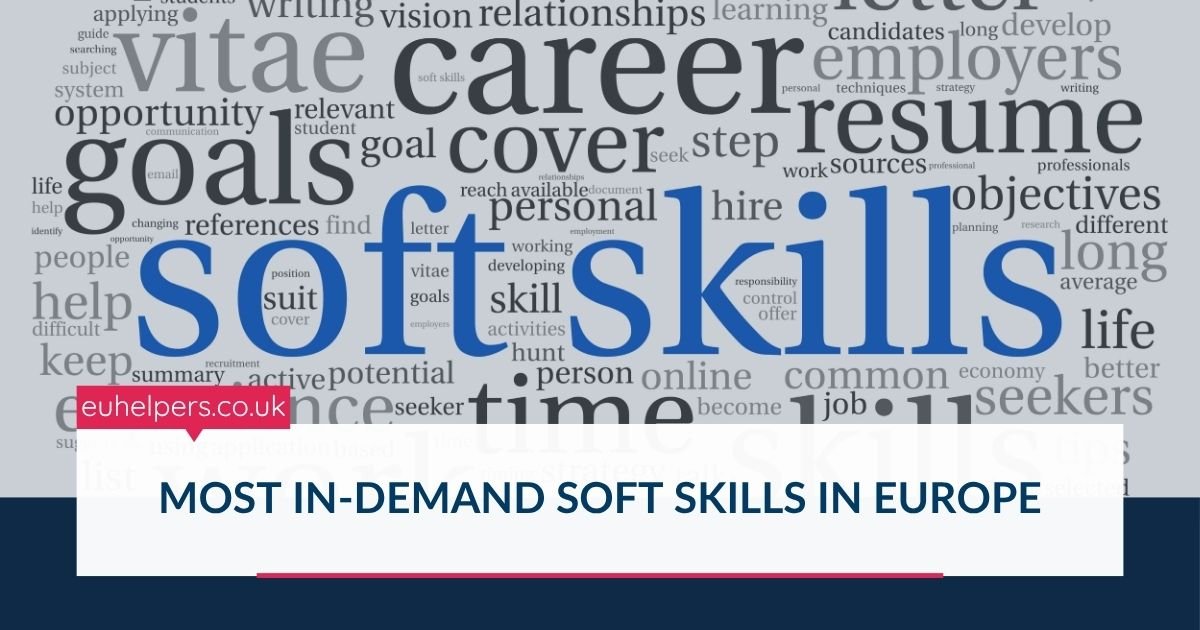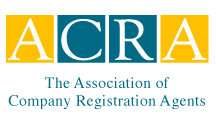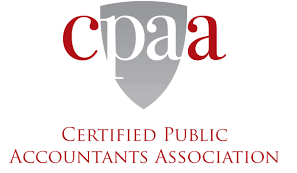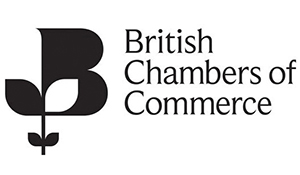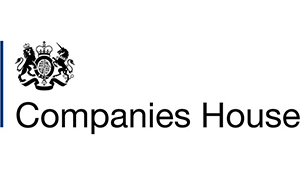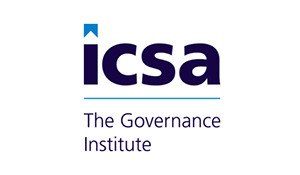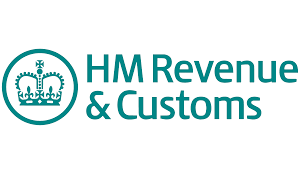In today's evolving European job market, technical qualifications alone are no longer enough. Employers are increasingly prioritizing soft skills—those personal and interpersonal attributes that shape how individuals work, interact, and adapt in professional environments. Whether you're entering the workforce, changing careers, or aiming for a leadership role, developing these competencies can set you apart.
1. Emotional Intelligence
Emotional intelligence is the ability to understand and manage your own emotions while recognizing and responding effectively to the emotions of others. It's a crucial skill for building positive workplace relationships, managing conflict, and fostering collaboration. Employees with strong emotional intelligence tend to handle stress well and contribute to a more supportive and empathetic work culture.
2. Adaptability
With the rapid pace of technological change and evolving work environments, adaptability has become a must-have skill. Employers value individuals who can quickly adjust to new processes, tools, or organizational changes. Being open to learning and growth is essential for staying relevant and resilient in any industry.
3. Communication
Clear and effective communication is at the heart of every successful organization. This includes verbal and written skills, active listening, and the ability to express ideas with clarity and empathy. Professionals who can communicate well tend to build stronger relationships with colleagues, clients, and stakeholders.
4. Leadership
Leadership is not just for those in management—it’s a quality that employers appreciate in team players at all levels. The ability to inspire, guide, and influence others positively, drive initiatives, and make sound decisions is key to career advancement and team success.
5. Problem-Solving
Every industry needs professionals who can think critically, assess complex situations, and develop effective solutions. Problem-solving involves analysis, creativity, and decision-making—skills that help drive innovation and efficiency in the workplace.
6. Teamwork
Collaboration is essential in most modern work environments. Being a strong team player means contributing to group efforts, communicating effectively, resolving conflicts constructively, and supporting colleagues toward common goals.
7. Creativity
Creative thinking is about more than just artistic ability—it involves generating new ideas, challenging the status quo, and finding innovative solutions to business challenges. In an era of constant change, creativity helps companies stay competitive and forward-thinking.
8. Flexibility
Being flexible means adapting to shifting priorities, varying work styles, and different team dynamics. Employers appreciate individuals who can take on diverse tasks and remain productive in fluid, fast-paced environments.
9. Self-Motivation
Taking initiative, staying focused, and working independently are all signs of a self-motivated employee. Employers value individuals who can manage their workload, meet goals without constant supervision, and maintain a proactive approach to challenges.
10. Time Management
The ability to manage time effectively is critical in ensuring productivity and meeting deadlines. Professionals who can prioritize tasks, stay organized, and balance multiple responsibilities tend to perform better under pressure and contribute more efficiently to team goals.
In the competitive European job market, mastering soft skills is just as important as gaining technical knowledge. Employers are increasingly seeking well-rounded individuals who can collaborate, adapt, and lead effectively in dynamic environments. By investing in the development of these skills, you not only enhance your employability but also set the foundation for long-term professional success.

